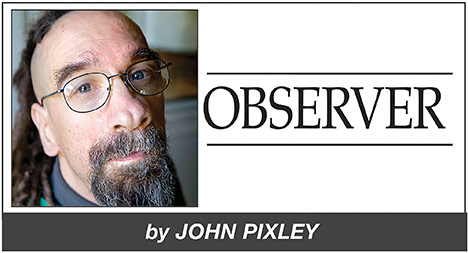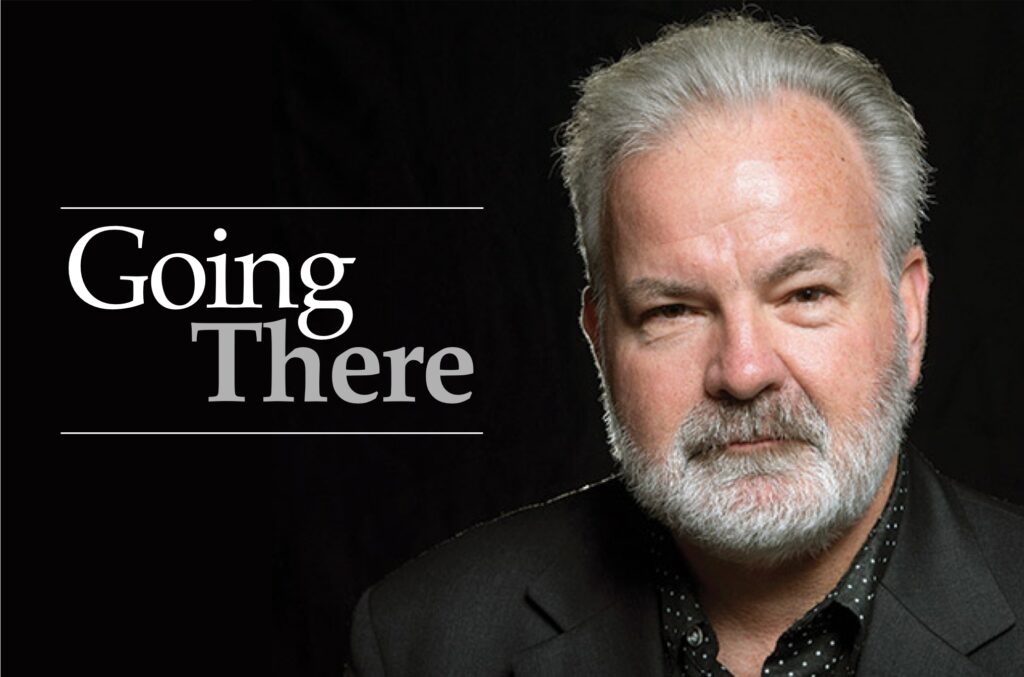Finding courage to treat the disease of racism: A Bahá’í perspective
by Cynthia Barnes Slater | Special to the Courier
To treat the evil of racial prejudice takes individual courage and resolve. But how can we treat its root societal causes and not just its symptoms? To heal this scourge of the human spirit requires individual and collective learning. We must make conscious, consistent efforts to seek truth and to vigorously practice justice.
Where do we start?
In the summer of 2020, the Claremont Bahá’í community started a monthly Zoom series called “Claremont Speaks Black,” inviting longtime Black Claremonters to speak their truth about their experiences. Truth is foundational to establishing all human virtues, including race unity and the recognition of the oneness of humanity. By listening to the experiences of Black Claremonters we learned uncomfortable truths about living in Claremont.
Currently, American society is roiled by discourse on the truths and divisions of American history: chattel slavery, discrimination, colonization of indigenous peoples, and extremes of wealth and poverty. The divisions we experience may stem from untruths within our educational system about how the United States was founded and developed over that past 247 years, untruths perpetrated by myths of meritocracy and racist fables. Knowing these divisions exist, how do we “bring ourselves to account?” How do we look at ourselves in the mirror and truthfully ask: What am I doing or not doing each day to perpetuate racism? Am I making efforts to get out of my racial comfort zone to build meaningful relationships with people who are not like me? Am I demonstrating by my spontaneous and intimate associations with people unlike me that we all truly come from one family, one human race? Do I recognize that my personal happiness and well-being cannot be sustained by someone else’s misery? Even if I didn’t directly cause this misery, am I still accountable as a member of this society?
By asking ourselves these questions and adopting a truthful, candid self-reflection, each of us can learn to develop constructive dialogue about the realities of race and of white supremacy in America.
In frank and loving consultation, we endeavor to freely express our own opinions, detach from them, and listen carefully to the opinions of others, at all times striving to neither offend nor be offended. This practice is an effective means for all to address America’s “most vital and challenging issue”, i.e., eliminating racial prejudice and creating models of unity.
Civil discourse about racism is challenging; the Bahá’í Writings teach that both races have a responsibility in eliminating racism, that “tremendous effort is required by both races” in “tearing down the barriers that now divide” us, while “casting away once and for all the fallacious doctrine of racial superiority.”
The need for tremendous effort recognizes the reality that every sphere of contemporary American society — its government, institutions, culture, language, policies, and media — carries the disease of racism and manifests the social, economic, and material privileges associated with white skin. America has an urgent need for those who seek to establish race unity to educate themselves, to engage in honest discourse with people of all races, and to demonstrate, through their actions and associations a personal commitment to eliminating this virulent sickness.
Cynthia Barnes Slater is a member of the Claremont Bahá’í community.









0 Comments